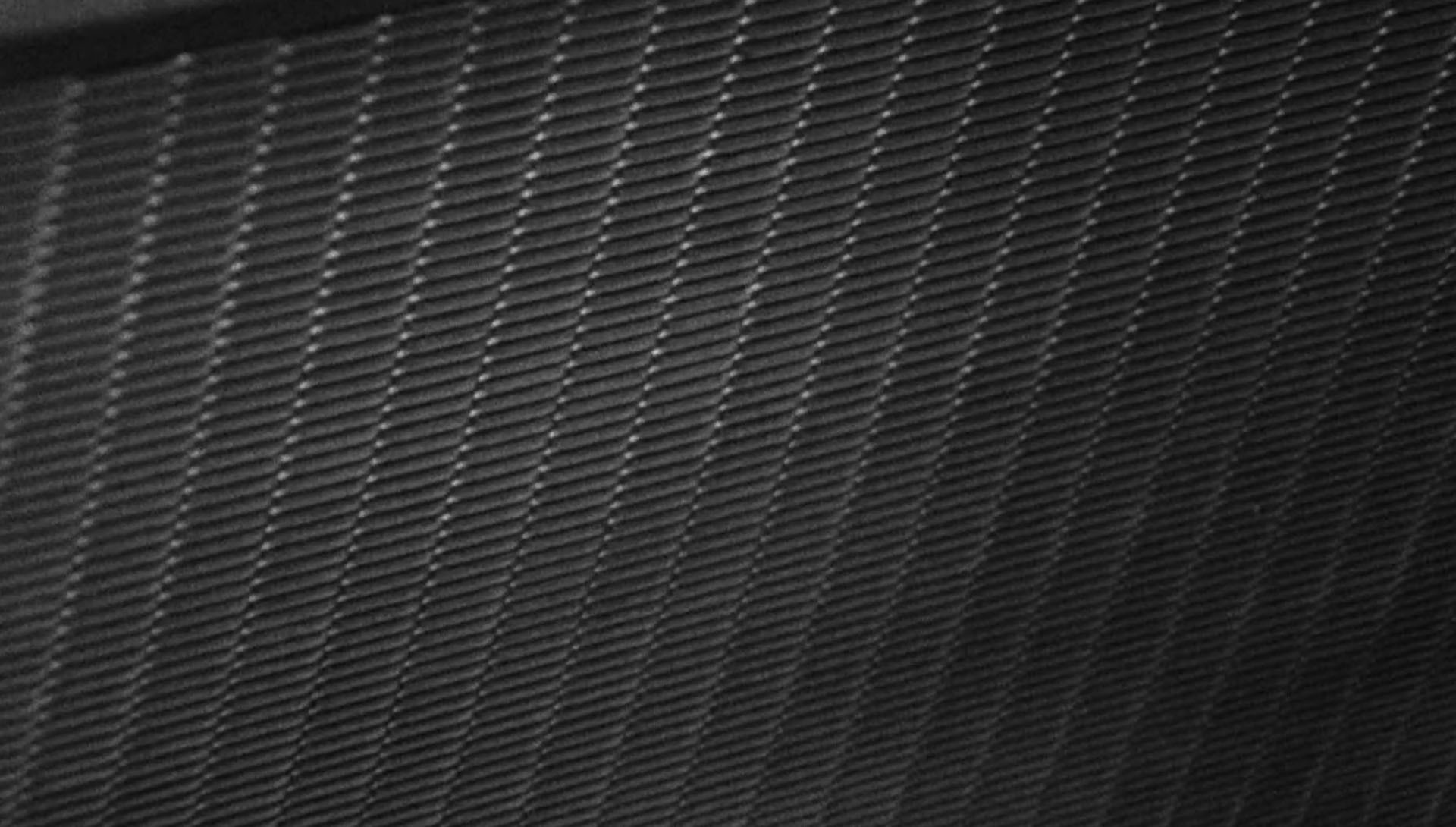
Not to See Again
Free 14-day trial, then just £6.99 per month.
Please enter a valid email address
By entering your email address you are indicating that you have read and agree to the terms of use and privacy policy.
Free 14-day trial, then just £6.99 per month.
Get 14 days free
An anti-montage film hovering on the line between abstraction and representation
Misrecognitions and simulacra. An anti-montage film: a series of discrete shots that nevertheless gel at one or two points to produce simple meanings. Hovering on the line between abstraction and representation, the film hopes to problematize them both. According to Peter Gidal, “the abstract quality (never total, for the objects are always recognizable as objects) helps Hamlyn to negotiate sexual imagery as it occurs in the film by rendering those images relatively abstract and on a par with other objects depicted. The effect is to drain the image [of the naked body] of its conventional sexual meanings and associations (with pornography, for instance) and instead neutralize it almost.”
Founded in 1966, the London Film-Makers’ Co-operative started life at Better Books, a counter-culture bookshop on Charing Cross Road, where a group led by poet Bob Cobbing and filmmakers Stephen Dwoskin and Jeff Keen met to screen films. Initially inspired by the activities of the New American Cinema Group in New York, the London Co-op grew into a pioneering organisation that incorporated a film workshop, cinema space and distribution office. During its four-decade history, the Co-op played a crucial role in establishing film as an art form in the UK and participated in a vibrant international film scene. This BFI Player collection brings together new scans of films distributed by and/or produced at the London Co-op.